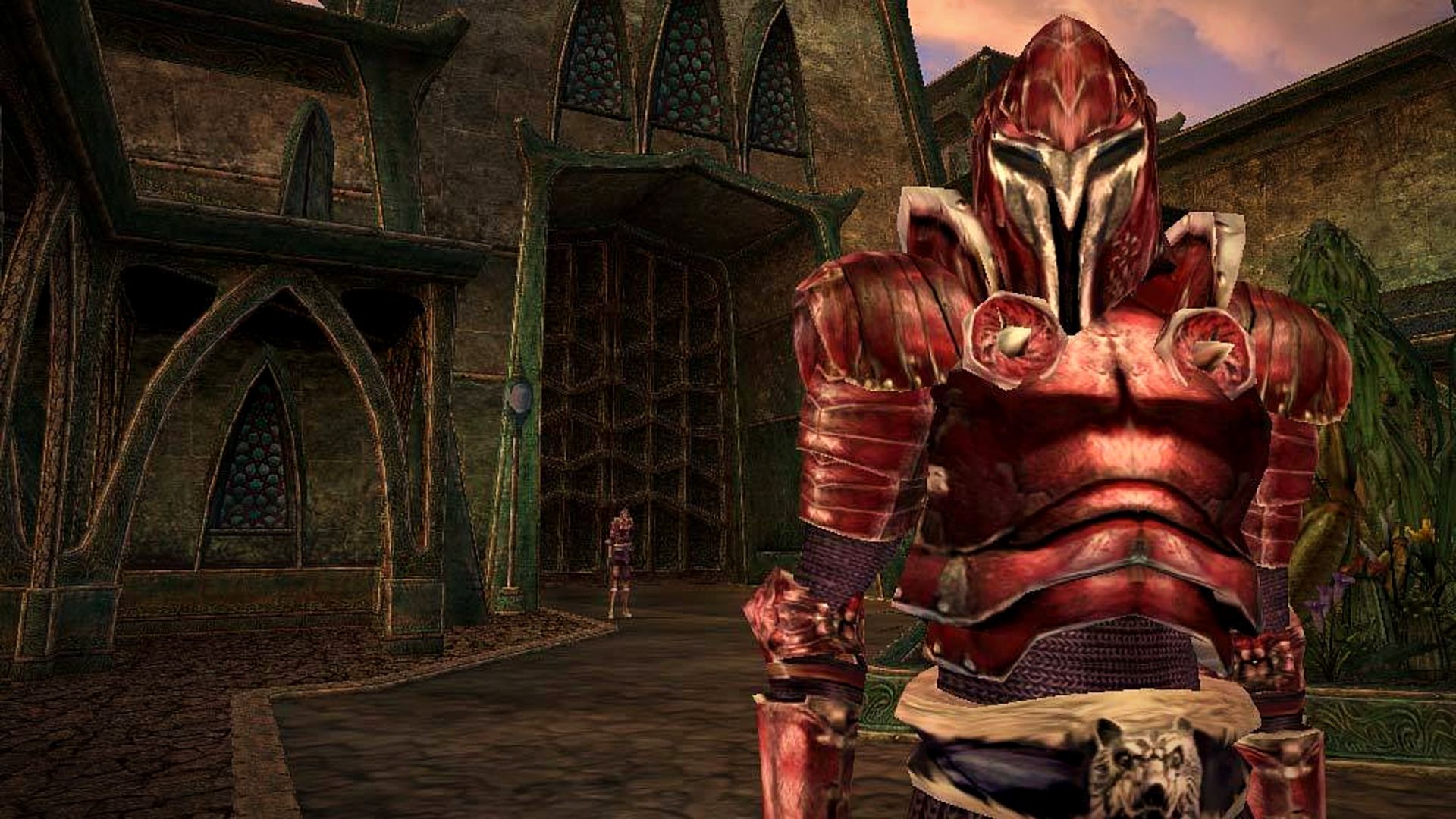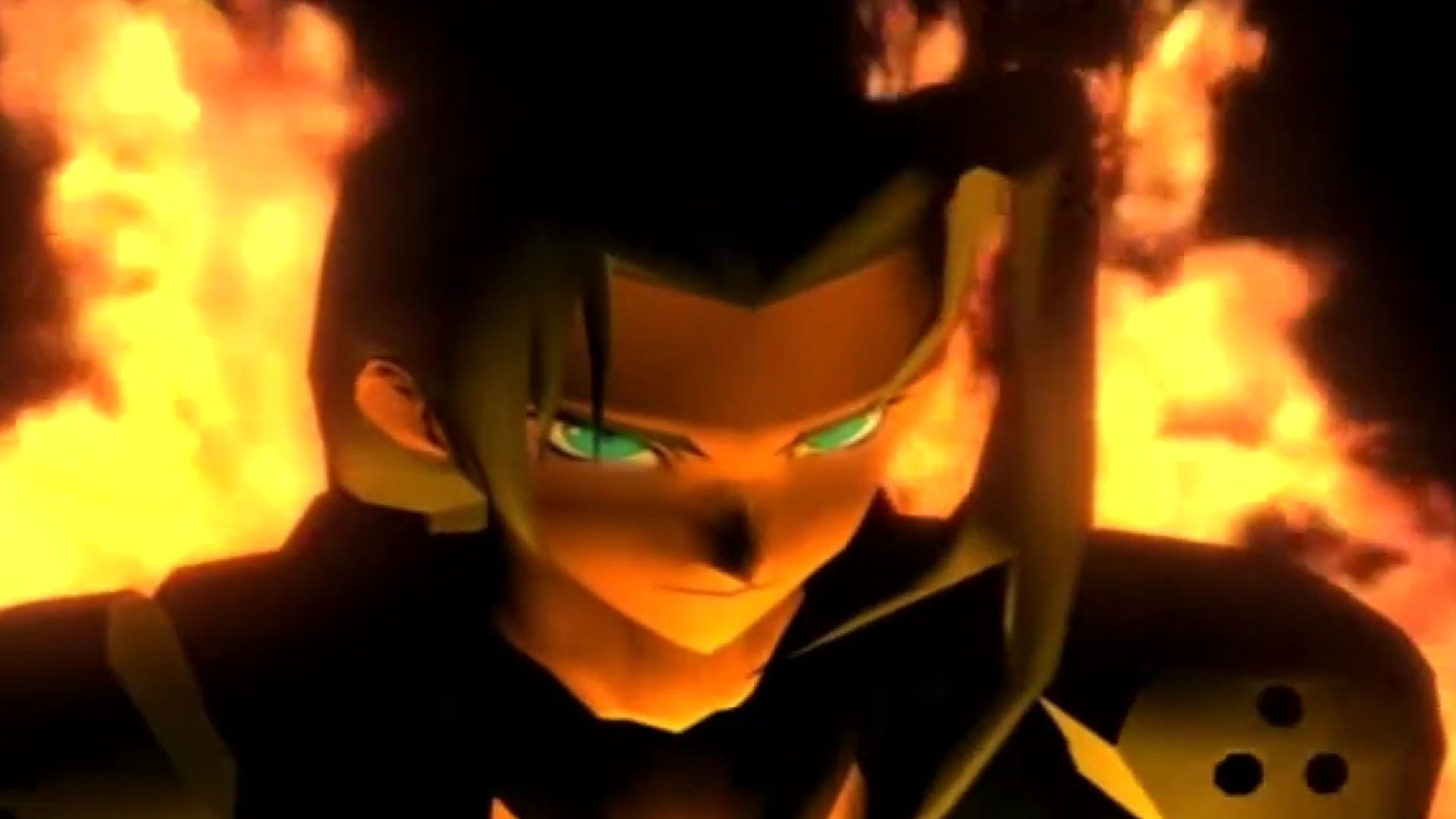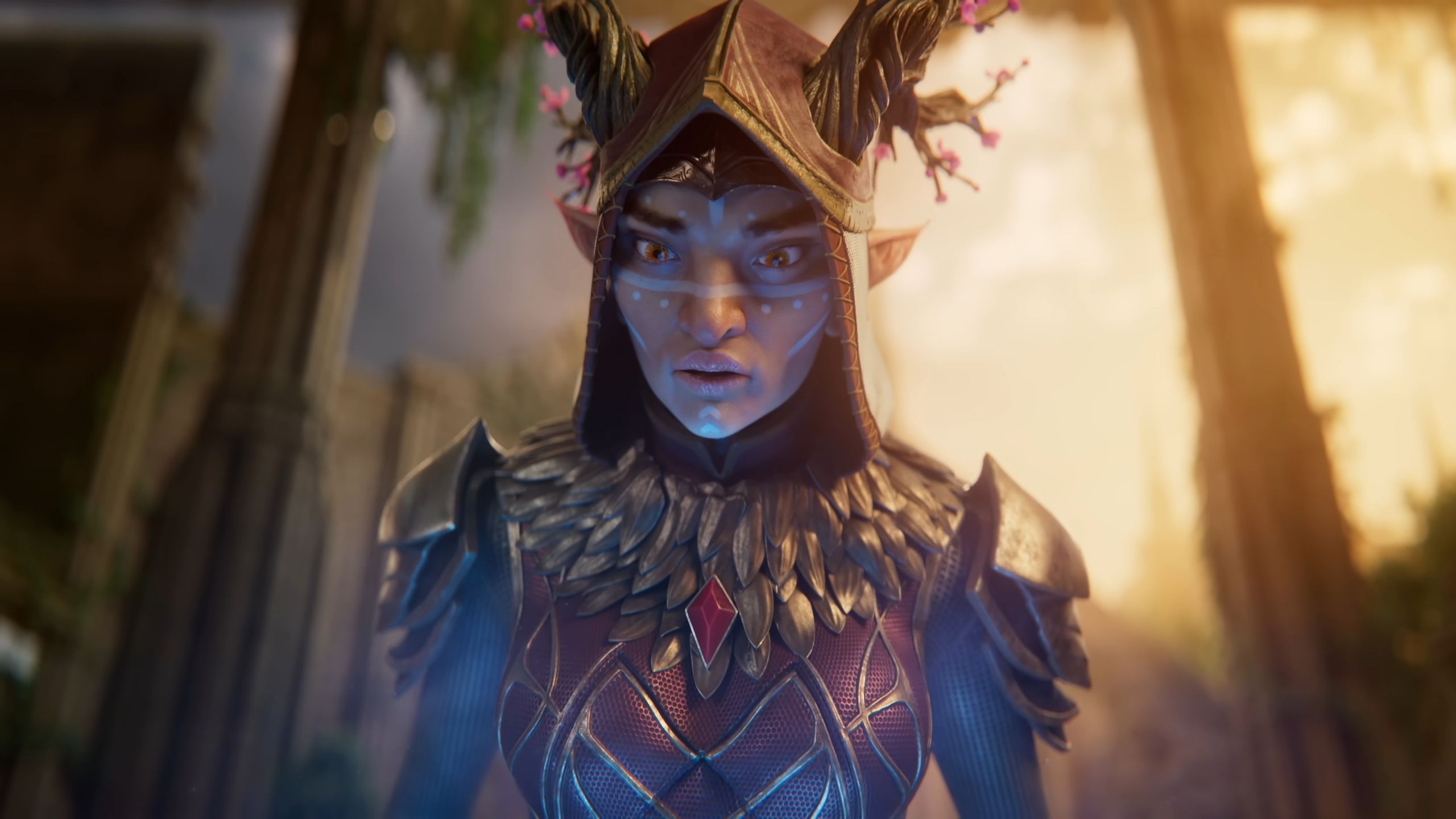
In a post-mortem of Darkest Dungeon at this year’s GDC, Red Hook Studios’ co-president and design director Tyler Sigman mentioned an unexpected inspiration for one of the game’s key systems: HBO’s WWII dramamentary Band of Brothers.
“The inspiration for the Affliction system was not games, really. It was more human experience,” says Sigman. If you haven’t played Darkest Dungeon, Afflictions are ‘big’ status effects that can trigger when one of your adventurers hits 100 stress. If they succeed their resolve check at this mental breaking point, they receive a Virtue, a temporary buff. But if they fail, which is usually more likely, they receive an Affliction like ‘paranoia’ or ‘hopeless,’ debuffs that spread stress to other characters and create other problems that can put the whole quest at risk.
A good chunk of Sigman’s hour-long talk focused on the Affliction and stress systems, which Sigman says, surprisingly to him, didn’t change much during Darkest Dungeon’s year in Early Access. These systems were an important expression of one of the game’s core principles: “Heroes are human,” and Sigman talked about a moment from Band of Brothers that led to their creation. “There’s this character, Buck Compton, played by Neal McDonough. He’s tall, he’s handsome, he’s tough, he’s been on a bunch of missions, he’s kind of just this gregarious, energetic guy that’s holding the squad together, in a way,” says Sigman. At least, that’s true until the seventh episode of the series, when Easy Company faces their biggest challenge. “They’re in the battle of Ardennes, getting shelled, in winter, and he watches a shell land in a foxhole on a couple of his buddies and they’re just gone. And there’s this great scene where he comes up, and he has a thousand-yard stare, shellshocked, and he takes off his helmet, and that’s it: his war is over,” says Sigman. “I think that was really a moment that we wanted to capture, ‘Game over, man!’”

Sigman also mentioned Hudson from Aliens, Bill Paxton’s famously rattled space soldier. “Hudson is the most boisterous… especially in the director’s cut, I think there’s more of him just being a total, boisterous asshole. And of course the minute things go to hell he can’t handle it. And Ripley is the one who’s made of steel.” Red Hook wanted players to experience moments where characters reveal their mettle, but they wanted that to happen through systems of the game, not through scripted storytelling. “Darkest Dungeon is not a game about mental health or mental illness, Darkest Dungeon a game about the human response to stress, and those are very different things.”
Sigman also spoke to the difficulty of balancing a system that takes agency away from players, a side effect of Afflictions—something that on paper most designers would consider is antithetical to a good game. “Darkest Dungeon has a lot of numbers and a lot of systems and it’s kind of a turn-based combat game, and so sometimes you’re worried about balance like, ‘Hey, this character’s DPS is undersized by five percent compared to the other characters, and then you have this system in the game that can just rob you of a turn entirely. That was sometimes a hard balance to tread and to get people to expect … because ultimately there is this stuff that’s taking control away from you,” says Sigman.


